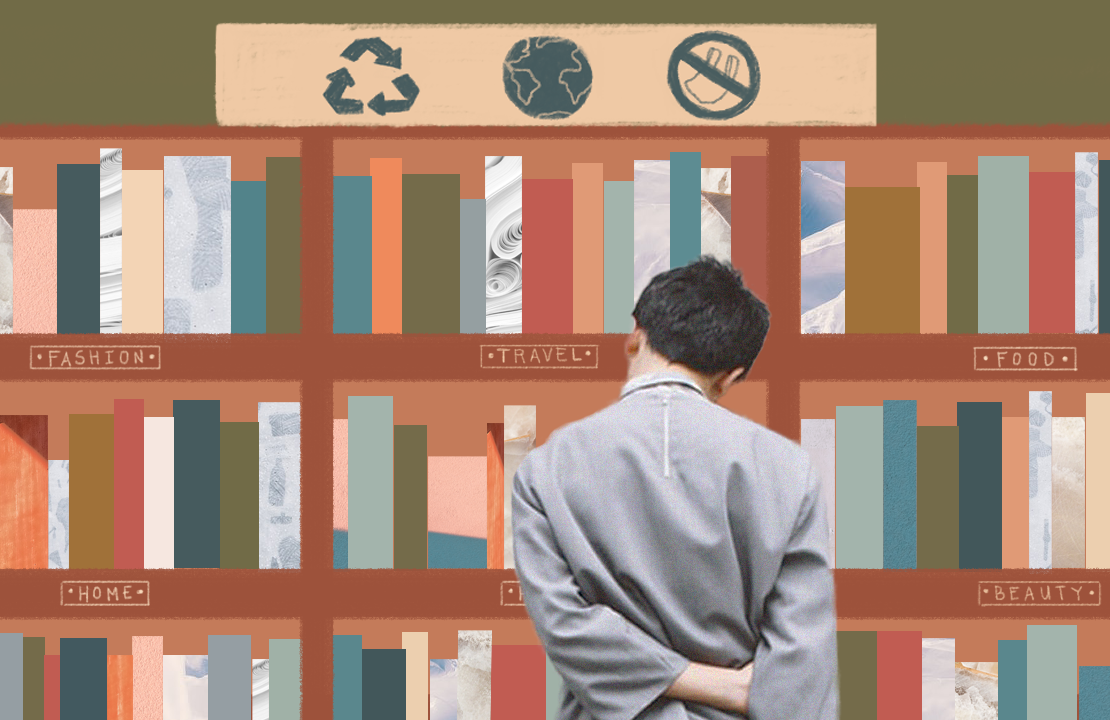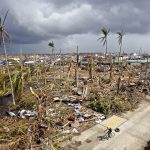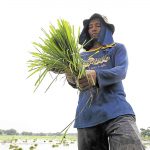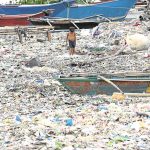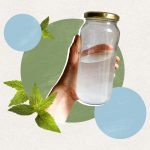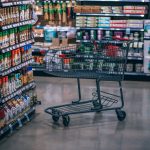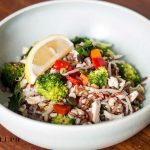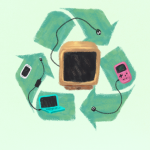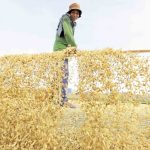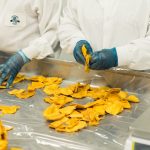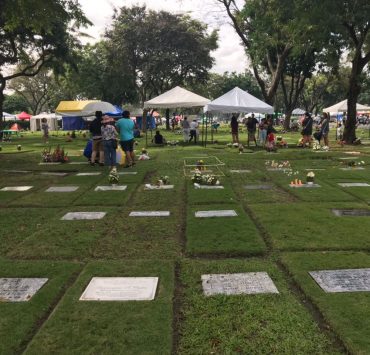The current climate crisis is very hard to ignore—as should be. There’s the young climate activist Greta Thunberg who—despite counter-gaslighting narratives—is not merely preaching or screaming at adults but is actually doing something about it herself all the while informing everyone of what they can do. Even the writers we look up to are doing their part in spreading the word.
[READ: Climate change inaction violates children’s rights, says Greta Thunberg and other young activists]
English novelist Zadie Smith wrote an arresting essay in 2014 part of an anthology, which argues that for there to be an effective change we need to have a change of perspective. From constantly being barraged with scenes of the apocalypse, she suggests there should also be an acknowledgment of the emotional. “In the end, the only thing that could create the necessary traction in our minds was the intimate loss of the things we loved,” she said.
[P]resenting hifalutin numbers and figures… is futile at best, and does nothing but overwhelm us to a point of debilitation.
So, no, this article will not be arguing towards sustainability by presenting hifalutin numbers and figures because that is futile at best, and does nothing but overwhelm us to a point of debilitation. Sure, it has done its job of informing everyone about every impact and consequence of our actions (or inaction) and it has worked for some time, even here at Nolisoli where we try to shed light on these issues through nuanced, fact-based reporting.
Thus, this guide will go over and beyond statistics. Here, we compiled not just the news stories about the state of the environment but also seemingly small lifestyle choices that we can make to come close as possible to being carbon-neutral.
But if you feel like you need a review of these stories which detail, for example, the effects of climate change to the weather, agriculture or to the society at large, feel free to go through these links below:
Plastic, Plastic, Plastic Everywhere
This year, we also reported a lot on, well, plastic, and its growing presence in places where it shouldn’t be: at the deepest point of the sea, in ice caps, in salt, in the water we drink, and most alarmingly, inside ourselves.
But it’s not all gruesome discoveries, we also looked into the little steps the government and some localities are taking towards a plastic-free life. There’s plenty of bills filed in the Senate and Congress (almost to the point of redundancy) that are pending legislations about straw and single-use plastic bag ban and a proposed measure that will incentivize diners who bring their own reusable container.
On the local government level, Boracay, after its six-month rehabilitation, implemented a plastic ban, while in Siquijor, there’s a plastic holiday, where on Sundays the sale and usage of plastic are prohibited. A school canteen in Negros is also setting a good example for students and other educational institutions by using coconut shell bowls and bamboo mugs instead of plastic cutlery and other disposable wares.
Alternatives or Scams?
But not all perceived solutions actually go any good. If anything, as we found out, they may even be doing more harm.
The ubiquitous—and short of becoming the symbol of the zero-waste movement—cotton tote bags we are led to believe by establishments profiting of this alternative, for example, require more resources for production and as much as 52 reuses to negate its cumulative environmental impact. A story not every tote-trotting, zero-waste-living individual took very well, but we found necessary to still publish.
And then there’s the dubious “biodegradable” plastic, which in reality doesn’t really disintegrate under normal conditions but usually takes an industrial composting facility (one we have yet to have here) to fully decompose.
And just outside of these deceits, there are small things that we neglect to account for, like the rise of online shopping and how it generates too much plastic waste through packaging or the fact that our clothes themselves shed microplastic.
Alternatives that actually work
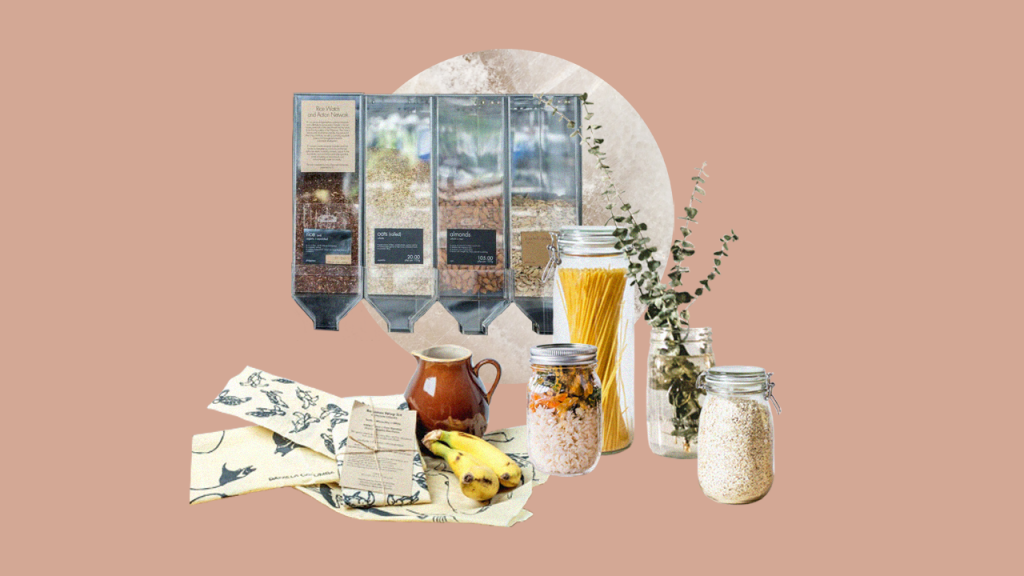
Now out of fear of being alarmist (though, shouldn’t we?), we thought this guide should not just be entirely bad news after bad news but something that you could actually refer to when deciding on something as small as what to wrap your food with or something as big as, say, considering the environmental impact of traveling.
So we start with the small switches like choosing where to shop for refillable pantry essentials and suggestions on how to eat sustainably to more urgent and long-term choices like how to put together celebrations with the least possible amount of waste, how to get your little ones started on their sustainability journey, and even a rundown of greener options for when the inevitable comes: death.
Little things, big impact
Where to shop refillables
How to’s
For special occasions
On a circular economy
Best practices
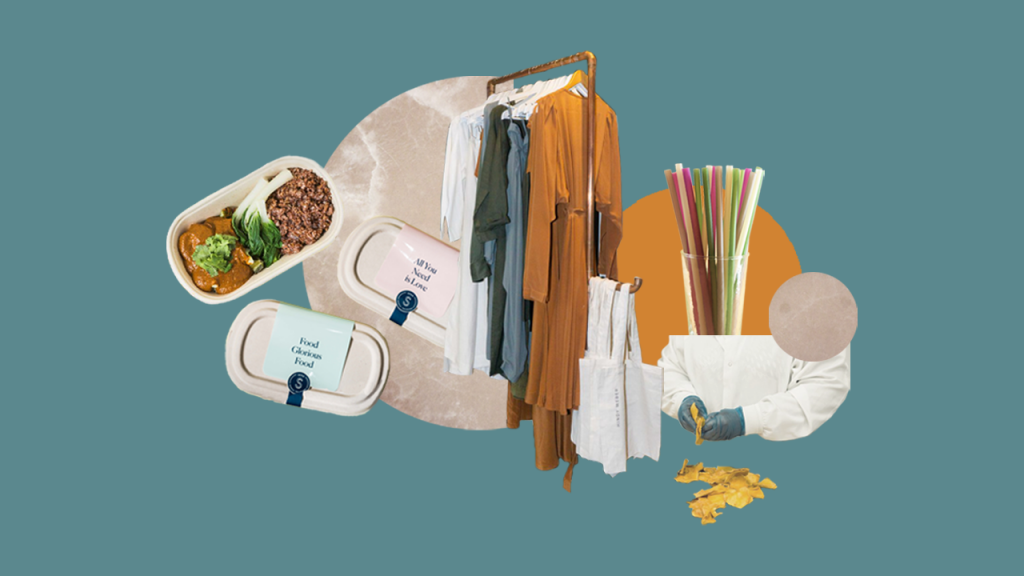
Of course, this “manual” would not be complete without a look at some of the best practices on sustainability: profiles of environment advocates who inspires us to live the best way we can, efforts by groups to help solve this crisis, and brands and initiatives that foster the same values and integrate this through their craft.
People
Food
Fashion
A plastic-free future
Though this is in no way a definitive and exhaustive guide on everything about greener living, we hope that with this, we impart something even as little as a realization that change is possible or that we can do something about our current situation. It is our desire that through this, we are able to somehow inform you and empower you to act.
We return to the impeccable writing of Zadie Smith, where she suggested that we don’t ponder upon the sentimental what have we done? but rather focus on the practical what can we do?
Get more stories like this by subscribing to our weekly newsletter here.
Writer: NOLISOLI TEAM
ART CLARISSE ALFONSO


